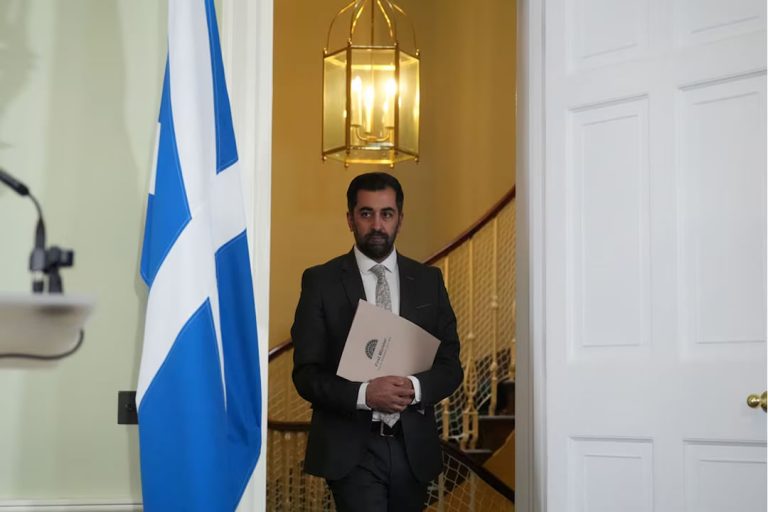The House has passed the Health and Economic Recovery Omnibus Emergency Solutions Act HEROES (Act) on Friday night.
The $3 trillion stimulus package, which is expected to be ignored by the Republican-controlled Senate (at least in its current form), would have considerable implications for student loan borrowers.
The legislation would extend the CARES Act provision that automatically suspended interest on federal student loans (as well as payment and involuntary collections) for another year, meaning that federal student loan borrowers would not have to pay back their student loans until September 30, 2021.
And while other protections would extend to borrowers holding commercially-held FFEL-program student loans (as well as Perkins loans), a key provision would forgive up to $10,000 in debt for “economically distressed borrowers” who hold private or federal student loans.
To be considered an economically distressed borrower, a borrower with student loans as of March 12, 2020, should meet the following criteria:
- Paying $0 a month on their federal student loans through an income-contingent repayment plan or an income-based repayment plan
- Or be in default on their private and/or federal student loans (270 days past due)
- Or if the private and/or federal student loan was in serious delinquency, or 90 days past due
- Or the student loans were in forbearance or deferment
The bill also expands eligibility for Public Service Loan Forgiveness, and also forgives loans held by thousands of borrowers who attended the now-defunct, for-profit colleges Corinthian Colleges and ITT.
‘A potentially devastated economy when they start making payments again’
Consumer advocates were frustrated that the cancellation didn’t extend to all borrowers.
The lack of widespread forgiveness “will leave many borrowers without long-term relief… especially low-income borrowers, borrowers of color, and those who lost their jobs due to the pandemic,” Persis Yu, staff attorney and director of NCLC’s Student Loan Borrower Assistance Project, said in a statement.
Those borrowers will “face a potentially devastated economy when they start making payments again … [and] their student loan payments will likely prevent them from recovering and contributing to rebuilding our economy,” she argued, adding: “Widespread debt cancellation is imperative.”
Ashley Harrington, federal advocacy director and senior counsel at the Center for Responsible Lending, added that while the bill “shows strong promise and addresses important needs of low-wealth families impacted by COVID-19… the bill curtails its original, inclusive plan to cancel $10,000 of debt for all federal and private student loan borrowers.”
Another expert stressed that the extra relief proposed in the bill should not be discounted.
“The Senate should consider and pass the HEROES Act as quickly as possible,” Jessica Thompson, associate vice president at the Institute for College Access & Success, said in a statement. “The bill provides critical support at a scale to match the vastness of the crisis and will help students, colleges, and those with student debt survive the crisis, as well as help facilitate economic recovery.”
















+ There are no comments
Add yours